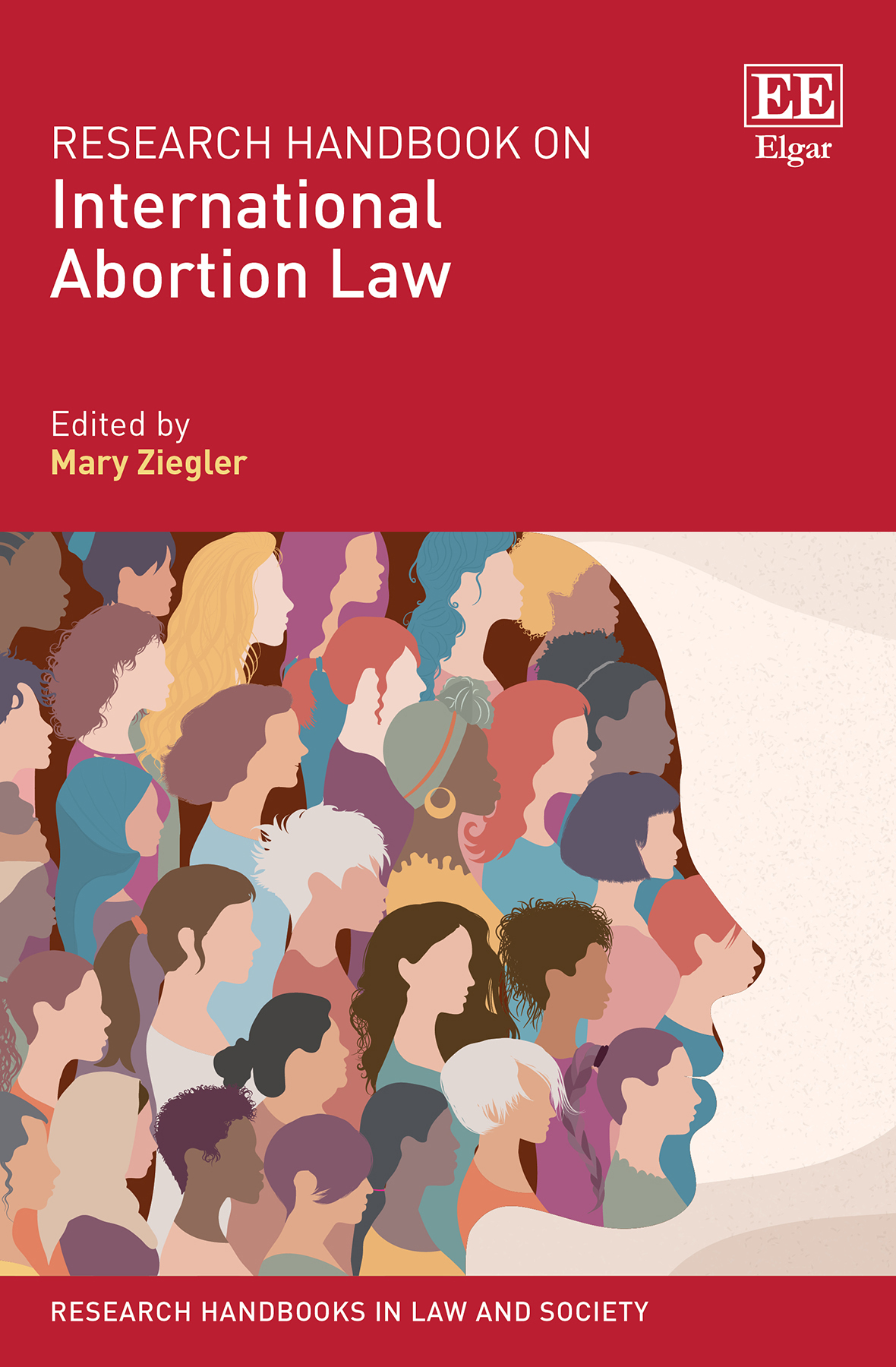New EU Digitalisation Regulation: A Stepping Stone to Digitalised EU?

Author: Martina Ticic, assistant at the University of Rijeka, Faculty of Law and doctoral student funded by the Croatian Science Foundation (Hrvatska zaklada za znanost – HRZZ)
On 13 December 2023, two years after the first legislative proposal has been published, the new Regulation (EU) 2023/2844 of the European
Parliament and of the Council of 13 December 2023 on the digitalisation of judicial cooperation and access to justice in cross-border civil, commercial and criminal matters, and amending certain acts in the field of judicial cooperation (Digitalisation Regulation) has been adopted. While the process of digitalisation of judicial cooperation and cross-border procedures in the EU has been ongoing for some time already, the new Digitalisation Regulation represents a major step for advancing digitalisation practices in the EU.
Main features
The Digitalisation Regulation establishes a uniform legal framework for the use of electronic communication and digital tools in cross-border legal proceedings. Particularly, it lays down rules on:
– communication between competent authorities/natural or legal persons and competent authorities
– the use of videoconferencing or other distance communication technology
– the application of electronic signatures and electronic seals
-the legal effects of electronic documents
– electronic payment of fees.
The Regulation establishes that communication between competent authorities of different EU Member States, as well as communication between competent authorities of different Member States and between a national competent authority and EU body or agency, shall be carried out through a decentralised IT system whenever possible. On the other hand, for communication between natural or legal persons and competent authorities in civil and commercial matters, a European electronic access point shall be established on the European e-Justice Portal. The Regulation also provides for the possibility of participating in a hearing through videoconference or other distance communication technology, depending on certain circumstances, e.g., the availability of such technology, parties’ opinion on the use of such technology, or appropriateness of the use of technology. Moreover, the Regulation makes a reference to the eIDAS Regulation in terms of electronic signatures and electronic seals, equates the legal effects of electronic documents with effects of non-electronic ones, and provides for the possibility of electronic payment of fees. Finally, it also amends relevant provisions of other legal instruments, including European Enforcement Order Regulation, European Order for Payment Regulation, European Small Claims Procedure Regulation, European Account Preservation Order Regulation, Regulation on mutual recognition of protection measures in civil matters, Insolvency Regulation, Service of Documents Regulation, and Regulation on the mutual recognition of freezing orders and confiscation orders.
Entry into force
The entire legal framework set by the Regulation, however, will not be fully operational until quite some time. The Regulation will apply from 1 May 2025 – with some exceptions. The Regulation requires the adoption of certain implementing acts by the European Commission, which would mainly set out various technical specifications and requirements. Article 10(3) of the Regulation sets out a timetable for the adoption of different implementing acts, ranging from January 2026 to January 2029.
Articles 3 and 4 of the Digitalisation Regulation, which regulate electronic communication (both between competent authorities and between natural or legal persons and competent authorities in civil and commercial matters) will only apply after two-year period has passed from entry into force of the corresponding implementing acts. These Articles will also only apply to proceedings initiated from that same day. It could be concluded that the Regulation will not be applicable in its entirety for the next seven years, until 2031. However, this only holds true in relation to the provisions on electronic communication. The other regulated aspects, i.e., the provisions on the use of videoconferencing, electronic signatures and seals, legal effects of electronic documents and electronic payment of fees, will all be applicable from May 2025.
Remaining challenges
While certainly a big step forward for the e-Justice developments in the EU, some challenges still remain even after the Digitalisation Regulation becomes fully applicable. Perhaps the biggest issue is fragmentation – both at the EU level and at the national level.
At the EU level, fragmentation is reflected in a complex EU framework and a number of different regulatory sources on different aspects of digitalisation of justice. There are multiple legal acts that address various aspects relevant for the process of digitalisation in the EU, including eIDAS Regulation, e-CODEX Regulation, Directive on Digitalisation of Judicial Cooperation, General Data Protection Regulation, Regulation on processing of data by EU institutions, etc. Moreover, a number of regulations offer specific provisions on digitalisation aspects in a particular procedure, such as European Order for Payment Procedure Regulation, Service Regulation, Evidence Regulation, etc. It is therefore expected that the new Digitalisation Regulation will add to already existing legal framework as an ‘umbrella regulation’, given that it covers a wide range of issues in various steps of legal proceedings in civil, commercial and criminal matters. It should, however, be noted that it will not apply to two crucial procedural aspects of the intra-EU cross-border relations: the service of documents pursuant to the Service Regulation (despite introducing certain amendments to it) nor to the taking of evidence pursuant to the Evidence Regulation, as highlighted in the Recital 17 of the Preamble.
At the national level, while COVID-19 pandemic certainly urged all of the EU Member States to accelerate the usage of digital tools in all aspects of society, there are still varying levels of digital developments in different jurisdictions. This can clearly be seen from the EU Justice Scoreboard, which includes a specific section on digitalisation developments in the Member States. It must be highlighted, however, that a significant improvement over the years is visible when comparing the yearly reports. With the new Digitalisation Regulation, in addition to all the other work that the EU is currently doing to promote digitalisation, the digital tools and digitalisation practices of the Member States will surely only be getting more advanced.
This having been said, diversity of national procedural rules, different e-justice domestic solutions and different levels of the development and usage of digital tools in the proceedings all may still pose problems. It can be expected that the period of the next few years will be especially difficult, as EU Member States will have a lot of work to do – national access points to the e-CODEX will have to be established; harmonised technical standards adopted; and all participants will have to get accustomed to the functionalities of new digital tools and practices. The Digitalisation Regulation partly touches upon this problem by providing that EU Member States must also offer necessary training to competent authorities and professionals concerned in order to ensure efficient use of the IT system and distance communication technology.
In order to ensure that adequate information on national particularities is available for all potential parties, the EU Member States are bound to communicate relevant information to the European Commission, including details of national IT portals, description of national laws and procedure on videoconferencing, information on fees, details on electronic payment methods, etc. Such information will be made available on the e-Justice Portal. On the assumption that the relevant information is regularly updated, the e-Justice Portal will be of great help with the smooth functioning of digital legal framework set by the Digitalisation Regulation.
Thus, while challenging period may be ahead, the result will surely be worthwhile.
What about the parties outside of the EU?
While the Digitalisation Regulation definitely brings important changes to the justice system of the EU and its Member States, potential implications for parties and countries outside of the EU should not be overlooked. Member States are now obliged to work on their national IT portals and digital tools, to train legal staff, and to generally provide for the usage of digital tools in the course of the procedure. Such national developments may then also assist in all cross-border cases, including those with countries outside of the EU. This means that the obligations that the Digitalisation Regulation sets for the Member States can also indirectly allow for better usage of IT tools in the course of cross-border procedures with all of the other countries that make use of such tools as well. On the other hand, for those countries that still lack in the department of digitalisation in law and legal system, this may serve as an incentive for further development in order to make cross-border procedure easier for all. After all, promotion of best practices and cooperation with international partners is one of the EU’s aims, as highlighted in the 2020 Communication from the Commission on the Digitalisation of Justice in the EU.

